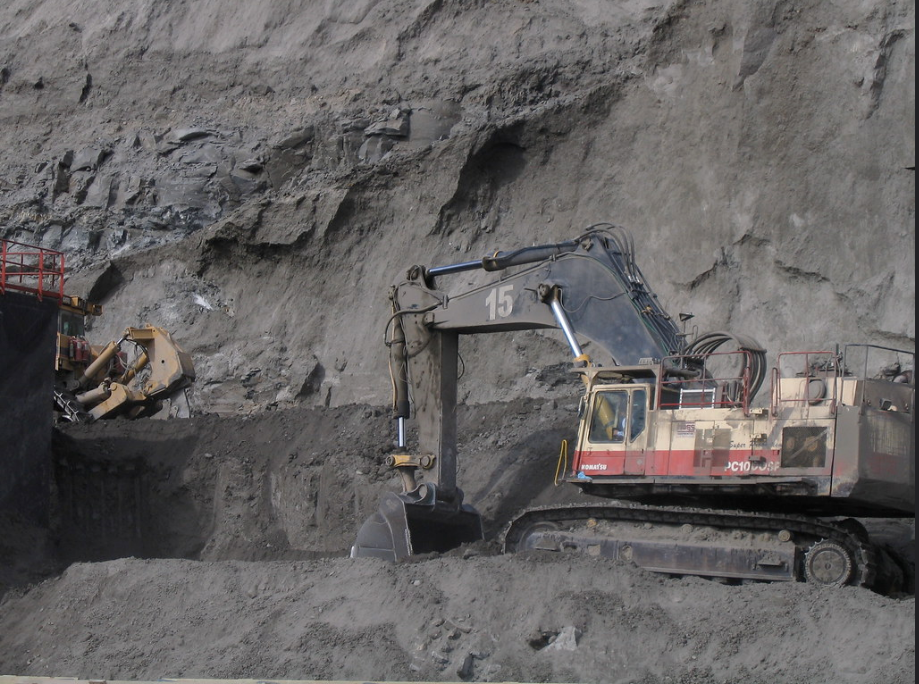PAX has ended its engagement with German energy company EnBW. PAX came to this decision, together with the German NGOs MISEREOR and Urgewald, after EnBW published a report on its Colombian coal supply.
The report, according to all three NGOs, reads more like a public relations manifest than a document about human rights. “EnBW’s report is a slap in the face for the thousands of victims of grave human rights violations in the Colombian mining region,” says PAX Colombia Program leader Joris van de Sandt.
PAX and the other NGO’s have for years called on EnBW to investigate the human rights consequences of coal mining, to have clear expectations of its suppliers and use its leverage to push for critical change. The company has finally published a report. But the company is still not living up to the basic international human rights standard that require identifying negative impacts, addressing them and communicating about it.
A biased report
EnBW’s report does not discuss the responsibilities associated with sourcing coal or setting up coal mining in an area affected by conflict. The report does not contain a proper analysis of human rights impacts and risks, it does not include clear recommendations for its coal suppliers to repair human rights impacts, and it does not include an action plan. Worse, for 80 pages the report extensively sets out the narrative of the mining companies, but does not include a single quote from victims or trade unionists. Van de Sandt: “It is disappointing that EnBW reduces the legitimate demands of thousands of victims to a side note, victims who just recently became more hopeful that mining companies would start direct talks on truth and reparations. As a result, EnBW, a company that has bought coal from this conflict affected region for 18 years, finds itself at the back of the human rights pack.”
Furthermore the report claims that “MISEREOR, PAX and Urgewald gave ‘detailed feedback on earlier draft versions” and “supported the research on-site and gave recommendations for dialogue partners in Colombia.” Both claims are false. Against this background, MISEREOR, Urgewald and PAX have concluded that the engagement with EnBW has turned out to be neither meaningful or effective, and have thus decided to end the dialogue with EnBW. The NGOs have communicated this in a letter to the executive and supervisory boards of EnBW and have requested that EnBW deletes the false claims from the report.
Blood coal Background
EnBW’s suppliers set up their operations in the mining region Cesar in the midst of a heavy conflict. Parallel to the setup of industrial mining, paramilitaries started operating in the region and displaced 55,000 farmers and killed over 3,100 people between 1996-2006. Mining companies profited from the violence and failed to take proper measures that are expected from companies staring to operate in a conflict-affected context.
For years victim communities have asked the mining companies to engage in a dialogue about their role during the conflict and possible reparations. Many of EnBW’s competitors such as Vattenfall, Uniper, RWE and Engie have called upon their coal suppliers to begin a process of reconciliation with victims of human rights violations in order to turn a painful historical page. Besides European energy companies this call has been supported by several Colombian institutions. The governmental National Centre for Historical Memory wrote a lengthy report on mining in Cesar in which it concluded: “Multinationals and other economic actors must evaluate the human rights liabilities of their predecessors and / or themselves, in order to remedy and repair them in light of international business standards on human rights and the rights of victims.”
Read more about PAX’s work on blood coal




